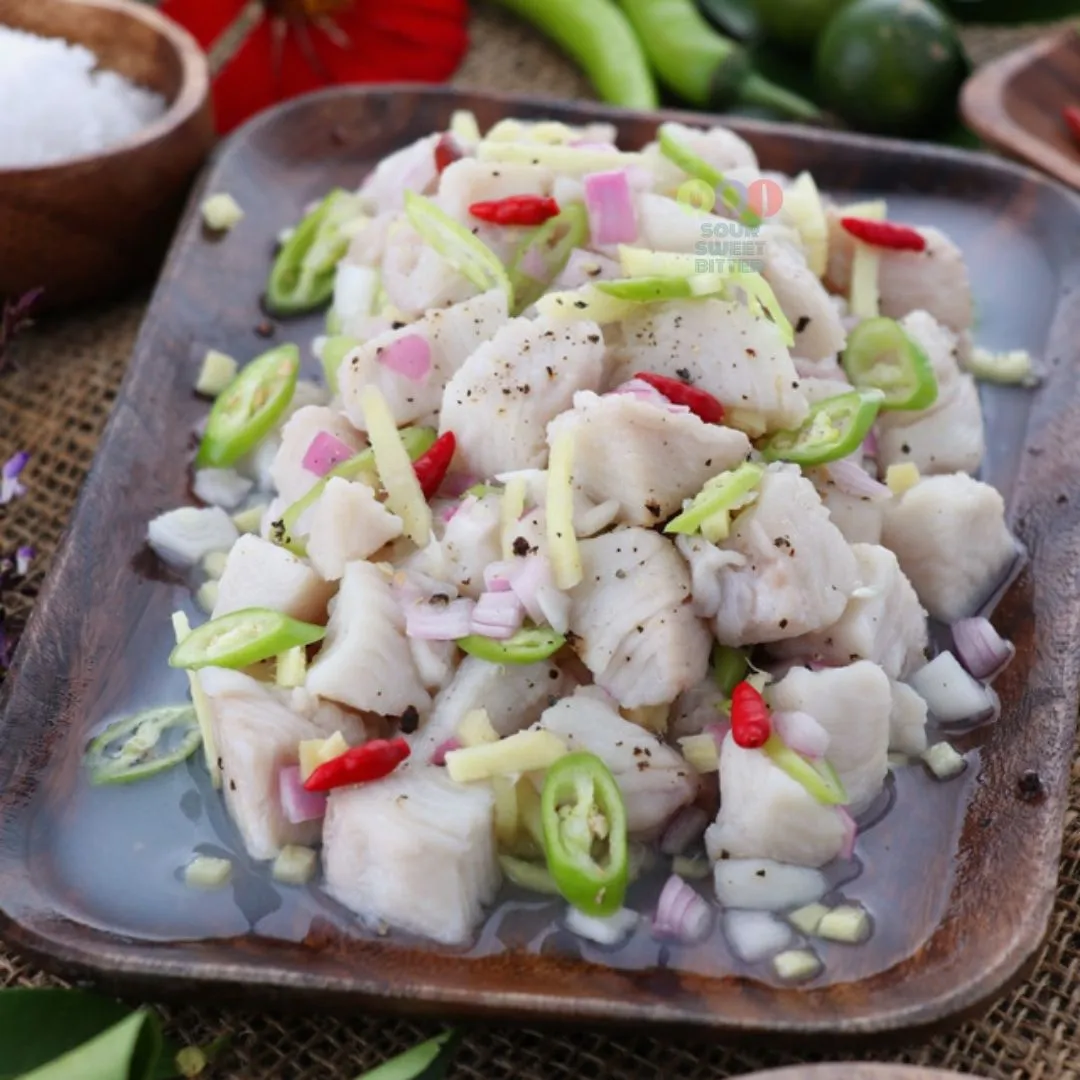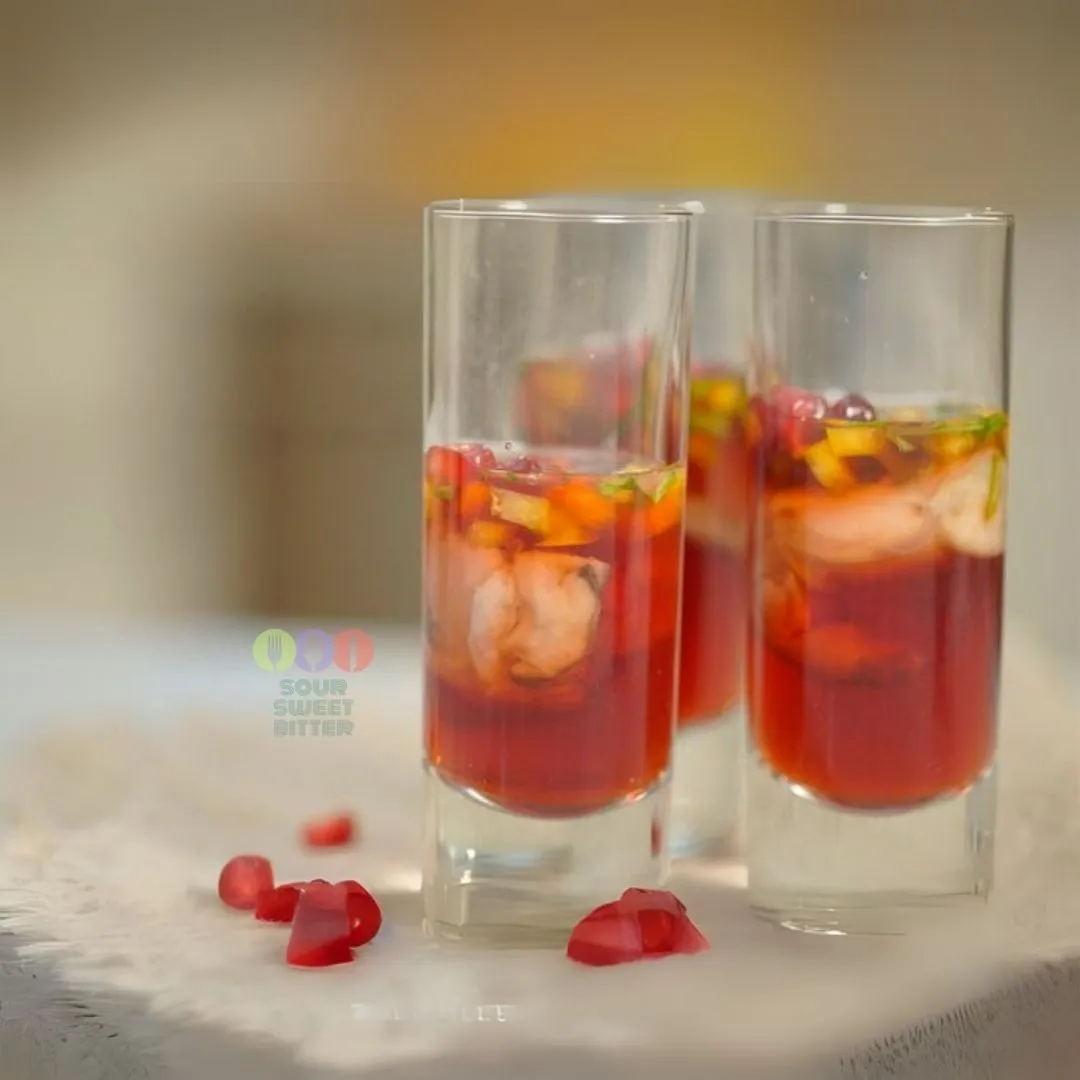Kokoda: A Refreshing Taste of Fijian Tradition
Kokoda is a vibrant culinary gem that captures the heart and soul of Fijian cuisine. This traditional fish salad, often enjoyed as an appetizer, features fresh ingredients that create a refreshing and flavorful experience. As a beloved dish in Fiji, Kokoda showcases the islands’ rich culinary heritage and the abundance of fresh seafood available to local communities.
A Glimpse into History: The Origins of Kokoda
You can trace the origins of Kokoda back to Fijian culture. Traditionally, islanders prepare this dish using fish caught fresh from the ocean, reflecting the community’s close relationship with the sea. Furthermore, the method of marinating fish in citrus juice and coconut milk has passed down through generations, emphasizing the importance of local ingredients. This dish embodies the spirit of Fijian hospitality and often graces tables during gatherings and celebrations, encouraging sharing among family and friends.
Cultural Significance: A Symbol of Community
In Fijian culture, Kokoda represents community and togetherness. People enjoy it at celebrations, family gatherings, and festive occasions. Sharing Kokoda around the table fosters connections among loved ones, reinforcing bonds of friendship and family. Additionally, the vibrant colors and fresh flavors of this dish mirror the beauty of Fiji’s natural landscape, making it a source of pride for the Fijian people.
The Flavor Profile: Fresh and Zesty
At the heart of Kokoda lies the simplicity and freshness of its ingredients. Typically, this dish features fresh white fish, such as tuna or mahi-mahi, marinated in citrus juices like lime or lemon. You can enhance the flavor by adding finely chopped onions, tomatoes, and green peppers, which provide a satisfying crunch. Creamy coconut milk brings a rich, tropical twist, balancing the acidity of the citrus. As a result, each ingredient contributes to a delightful combination that excites the palate.
Modern Variations: A Contemporary Twist
While traditional Kokoda remains popular, modern chefs continuously introduce exciting variations. For instance, some incorporate additional ingredients like avocados or chili peppers for heat, while others may add tropical fruits like mango for a sweet twist. These contemporary interpretations keep the dish fresh and appealing while honoring its roots in Fijian cuisine. Additionally, you might find Kokoda served with different accompaniments, such as taro chips or cassava, adding layers of texture to the dining experience.
Why Kokoda Captivates Taste Buds Worldwide
The enduring appeal of Kokoda arises from its vibrant flavors, fresh ingredients, and cultural significance. Locals and international food lovers alike enjoy it, offering a genuine taste of Fijian cuisine that feels authentic and accessible. As interest in global flavors continues to grow, this delightful dish has secured its place on menus in restaurants around the world, inviting many to discover the delightful tastes of Fiji.
Discover Traditional Fijian Recipes Discover Traditional Recipes from Oceania You may like this also: Spanish Garlic Shrimp Scampi Gambas Al AjilloIngredients
To Serve
Instructions
-
Cut your fish into slices about 1.5 centimeters thick. If there are areas that need cleaning, clean them.
-
Place the sliced fish in a deep bowl. Pour the lemon and lime juice you squeezed over them, covering them all over. Put it in the refrigerator and marinate the fish in this way for 3 hours. As a result of marinating, the fish should have a matte appearance.
-
When the marinating time is over, remove the fish from the lemon juice and wait for it to drain for a few seconds, then place it in a new deep bowl. Pour the coconut milk over the fish. Add salt, chopped onions, chopped red peppers and chopped green onions. Mix until all ingredients are mixed together.
-
Spoon the mixture into the coconut shell. Add coriander leaves on top. Lastly, garnish with sliced lemons and serve. Bon Appetit!













